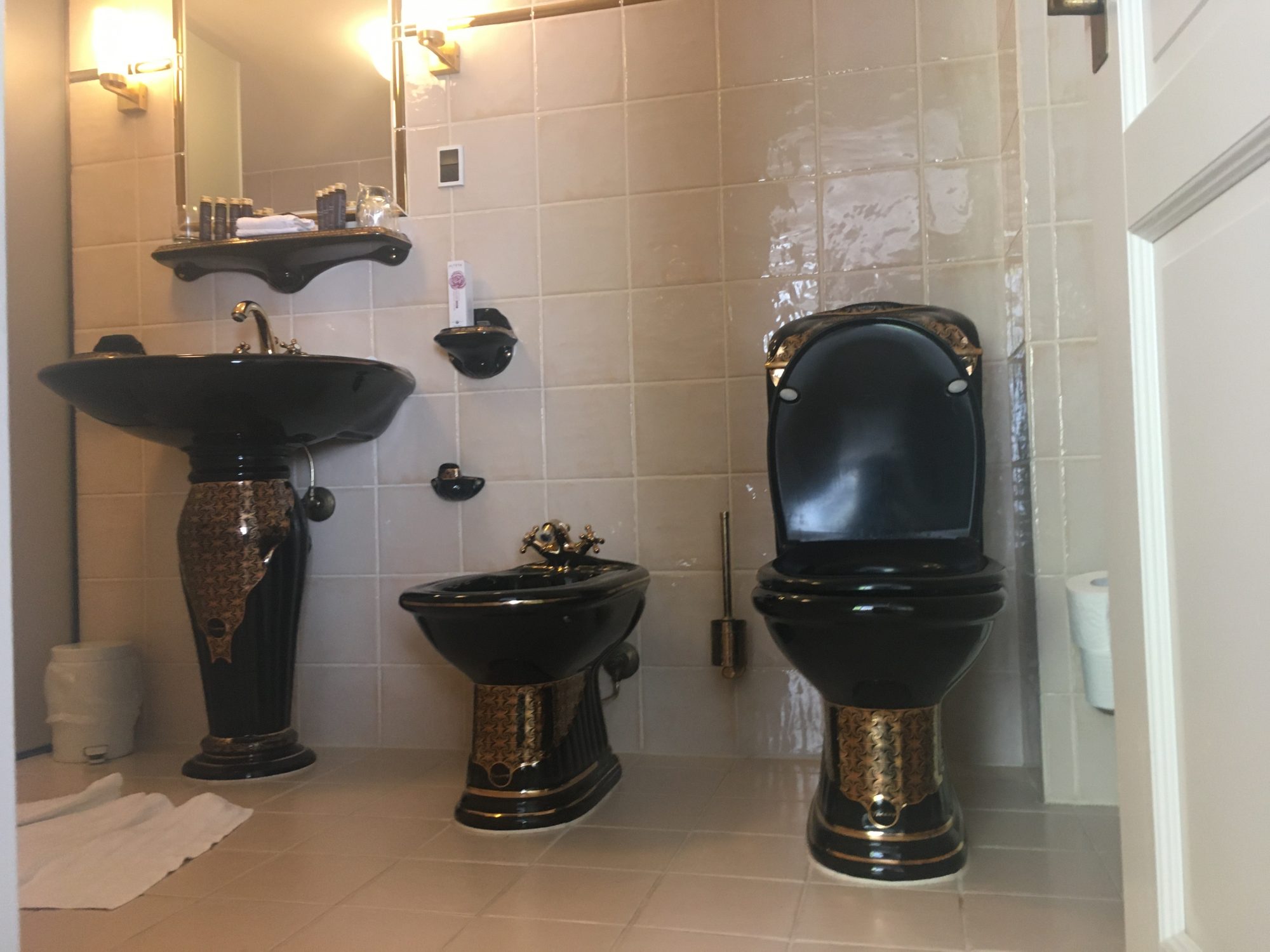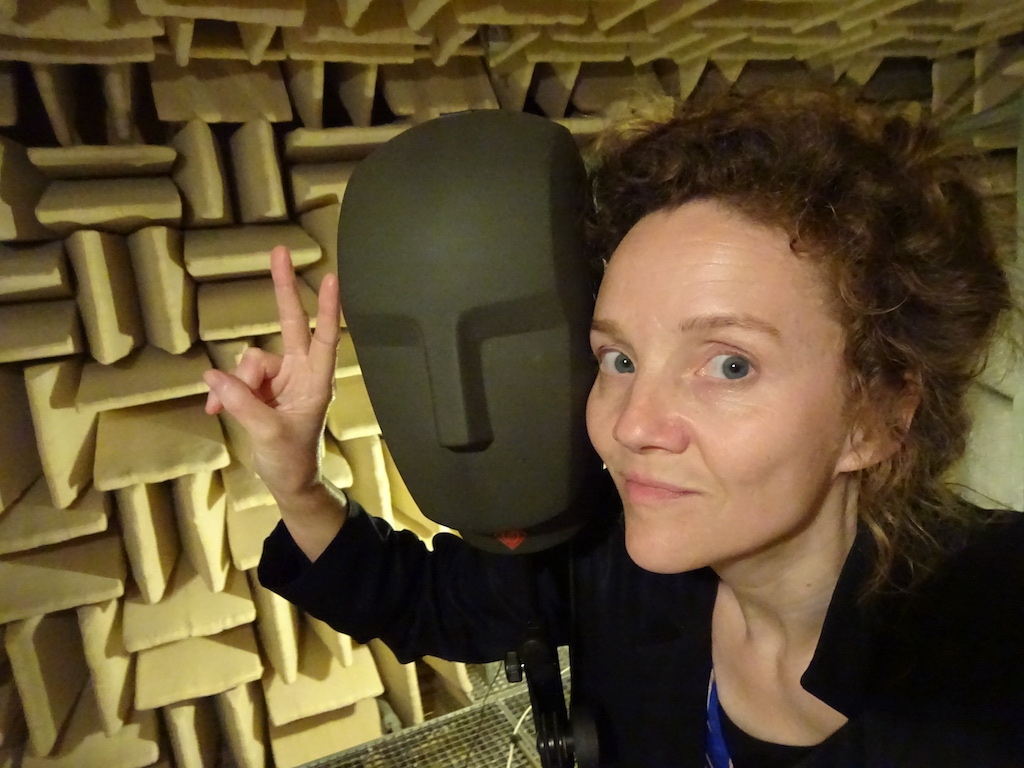Kvinder og økonomi
For et par uger siden var jeg i Aarhus (Danmarks næststørste by) for at læse op sammen med min kollega Asta Olivia Nordenhof. Vi skulle tale om vores seneste bøger, og som samtalen skred frem blev det tydeligt at vi begge var meget optagede af økonomi. Dog ikke på den måde, at vi havde taget rollen som den senmoderne kapitalismes homo economicus på os. Snarere tværtimod. Kapitalismekritikken stikker dybt i os begge, og … homo economicus er jo også ret beset en (hvid) mand, ikke sandt?
Når vi såkaldte individer i de senmoderne vestlige samfund skal have noget at spise, så går vi ikke til moder jord, men til moder marked for at finde det. Alle vi små såkaldt autonome individer opdrages til at glemme alle de enorme jordiske kredsløb som vi er en del af. Og al den gæld som vi egentlig har til den jord, de materialer, de processer som gør at vi manifesterer os som individer, har vi outsourcet først til Gudfader og derefter har vi slået Gudfader ihjel og står nu – i egen opfattelse – i gæld til ingen udover bankerne og vores egen selvoptimering.
For homo economicus findes de større kredsløb først og fremmest som anonyme strømme af materialer, som han/man kan sætte en ”hane” på og tappe af (uden at betale noget tilbage til kredsløbet). Eller som den kloak hvori han tror at alt hvad han IKKE kan bruge, forsvinder hen. Selv om ingenting forsvinder, og det som den ene tror han har skilt sig af med strømmer, via kredsløbene, til den anden, som får det i hovedet og skal leve med konsekvenserne. Plastikkatastrofer, miljøkatastrofer. Klimakatastrofer.
Når kvinder – og alle andre ikke-homo economicus’er – for alvor begynder at tænke økonomi, dvs. begynder at tænke økonomien om, så kommer der til at ske ting og sager. Det vil sige: Det håber jeg! Det sætter jeg min lid til. Der er såmeget brug for det.
Fotoet er fra det hotelværelse hvor jeg overnattede efter min og Olivias optræden. Jeg vil mene at vi kan kalde det homo economicus’ toilet … en forgyldt envejs-portal til kloakkernes og affaldets dimension.
Billedtekst: homo economicus’ toilet …
Frauen und Wirtschaft
Vor ein paar Wochen habe ich zusammen mit meiner Kollegin Asta Olivia Nordenhof in Aarhus gelesen (Dänemarks zweitgrößte Stadt). Wir sprachen über unsere aktuellen Bücher und es stellte sich auch heraus, dass wir uns beide extrem für Wirtschaft interessieren. Dabei sehen wir uns nicht in der Rolle des spätkapitalistischen homo oeconomicus. Ganz im Gegenteil. Die Kapitalismuskritik sitzt uns beiden tief in den Knochen, und… homo oeconomicus ist doch auch ein (weißer) Mann, oder nicht?
Wenn wir sogenannten Individuen in der spätmodernen westlichen Gesellschaft etwas zu essen haben wollen, gehen wir nicht zu Mutter Erde, wir gehen zu Mutter Markt, um es zu bekommen. Wir kleinen, sogenannten autonomen Individuen werden dazu erzogen, die irdischen Kreisläufe zu vergessen, denen wir eingeschrieben sind. Und was wir der Erde schulden – an Material, an Prozessen, durch die wir zu Individuen werden – haben wir an Gott outgesourct, und dann haben wir Gott verbannt und stehen jetzt, nach eigenem Ermessen, in keiner Schuld, höchstens in der Schuld der Banken und unserer eigenen Selbstoptimierung.
Für den homo oeconomicus existieren die größeren Kreisläufe in erster Linie als anonyme Ströme aus Materialien, an die er/man einen “Hahn“ montieren und von denen er abzapfen kann (ohne etwas an den Kreislauf zurückzuzahlen). Sie lassen sich auch mit der Kanalisation vergleichen, in der alles verschwinden soll, das er NICHT brauchen kann. Auch, wenn nichts verschwindet, und das, was der eine vermeintlich mit den Strömen fortgeschickt hat, auf dem Kopf eines anderen landet, der mit den Konsequenzen leben muss. Plastikkatastrophen, Umweltkatastrophen. Klimakatastrophen.
Wenn Frauen – und alle nicht-homines oeconomici – ernsthaft anfangen, Wirtschaft zu denken, d.h. über Wirtschaft nachzudenken, werden Dinge geschehen. Das heißt: Ich hoffe es! Ich verwette mich darauf. Es ist so nötig.
Das Foto stammt aus dem Hotelzimmer, in dem ich nach dem Auftritt mit Olivia übernachtet habe. Ich finde, wir können es Toilette des homo oeconomicus nennen…ein vergoldetes Einweg-Portal hinein in die Dimension der Kanalisation und Abfälle.
Women and Economics
A couple of weeks ago, I was in Aarhus (Denmark’s second-largest city) to do a reading with my colleague Asta Olivia Nordenhof. We were there to talk about our latest books, and as the conversation progressed it became clear that we were both very preoccupied with economics. Though not in the sense that we had taken on the role of late capitalism’s homo economicus. Quite the opposite. The critique of capitalism is something we both value deeply, and … homo economicus is after all a (white) man, isn’t he?
When we, as “individuals” in late-modern Western society, need something to eat, we seek it not from Mother Earth, but from Mother Market. All of us little so-called autonomous individuals are trained to forget all of the vast global cycles we are part of. And all the debt we actually owe to the earth, the materials, the processes that allow us to manifest ourselves as individuals, we first outsourced to God, and then we killed God and are now – as we see it – indebted to no one but the banks and our own self-optimization.
For homo economicus, the greater cycles exist first and foremost as anonymous streams of materials that he/one can tap into (without putting anything back into the cycle). Or as the sewer into which he thinks everything he can’t use disappears. Even though nothing disappears, and that which one person thinks he has gotten rid of flows, via these cycles, to someone else, who takes the hit and has to live with the consequences. Plastic disasters, environmental disasters. Climate disasters.
When women – and all other non-homo economicuses – begin to seriously consider economics, i.e. begin to reconsider economics, then things will start to happen. Which is to say: I hope so! I put my trust in that. It is so sorely needed.
The photo is from the hotel room where I spent the night after my conversation with Olivia. I think we should call it homo economicus’ toilet … a gilded one-way portal to the dimension of sewers and waste.
Teilen












